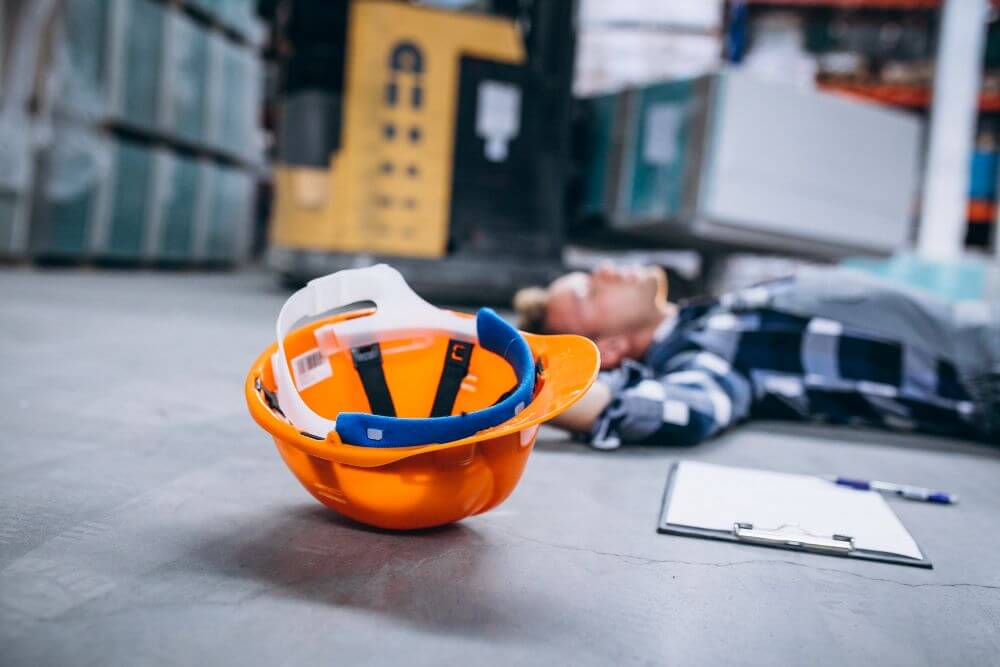Construction continues to be one of the most dangerous industries not just in the US but worldwide. There are many risks on a construction site, such as falls from heights, falling objects, heavy machinery, or electrocution. Data from the Occupational Safety and Health Administration (OSHA) in 2024 reveal that 31% of injuries in construction are due to falls, slips, and trips.
According to California construction lawyer Christopher Engels, builders and contractors have more legal accountability for mistakes. Construction accidents caused by defects require a lawyer who has the knowledge and experience in dealing with builders and contractors.
How can you hire the right lawyer? What do you need to consider when hiring the attorney who can represent you? This article will discuss the answer to these questions and help clarify the appropriate steps to take if you want to engage the services of a construction accident lawyer.
Assess Qualifications and Experience
As mentioned, qualifications and experience matter. You can’t hire just any lawyer. You must find the right person who knows the construction industry better than most personal injury lawyers.
Check multiple lawyers’ educational backgrounds first and see whether they handled construction-related cases in the past. They should have handled cases somewhat similar to yours and had working knowledge of construction laws.
Consider experience, as lawyers with more experience will have a keener understanding of the complexities of your case. Go through some reviews and testimonials from clients. Accounts from past clients help you gain more insight into the attorney’s legal work and their communication style.
According to The Sumwalt Group, the right lawyer can meet filing deadlines, resolve disputes raised against your claim, and assist you in taking full advantage of all the legal options available to you in the aftermath of your accident.
Understand Their Communication Styles
Timely communication with your construction accident lawyer is important. Knowing their style of communication promotes smooth interaction. Some professionals prefer to communicate directly, while others may employ an elaborate narrative approach.
Watch how they explain the legal concepts and how quickly they respond to your questions about the case. See to it that you feel comfortable sharing your concerns or keeping them updated about your case.
Recognize mismatched communication styles immediately. Clear communication develops trust and makes collaboration productive. A lawyer who speaks without considering your manner can heavily affect the outcome of your case.
Evaluate Legal Fees and Payment Structures
Understanding the lawyer’s style of communication is just one step to selecting a lawyer that best fits your case. You will also need to evaluate the fees and available payment methods of a lawyer. Attorneys can charge you by the hour, a flat fee, or on a contingency basis.
Clarify the service fees and payments. Request an itemized bill to avoid any unforeseen charges at the end of the process.
Look into whether or not the payment structure fits within your budget and how comfortable you feel with it. Should you opt for a contingency fee form, understand how much the lawyer retains from your settlement.
Ask your lawyer early on whether court or expert witness fees are paid separately. Discussing such expenses openly fosters a trusting relationship and keeps you and your attorney’s goals aligned throughout the entirety of your case.
Research Client Testimonials and Reviews
Start checking the professional websites of prospective lawyers for client testimonials and reviews. Browse other review sites to have a better perspective about the lawyer. Pay attention to common themes mentioned in the feedback, such as communication, professionalism, and success rate.
Good testimonials tend to be signs of reliability. Meanwhile, if you come across negative reviews, then you should always take these as potential warning signs. If possible, contact the clients themselves, as their testimonies will provide more clarity about their experience with the prospective lawyer.
Gathering this information will allow you to distinguish if a certain lawyer is fit for your case or not.
Schedule Initial Consultations
Schedule initial consultations with a few candidates first. Most lawyers offer free consultations that grant you the opportunity to discuss your case without pressure.
Provide all details concerning your accident and injuries when talking to your lawyer. Observe their listening and response behaviors, as it will help you gauge their understanding of the matter and their handling of clients.
Ask whether they have worked with similar cases before and how they intend to tackle your situation. You must also observe their office and support staff to get a sense of how they operate when dealing with a case.
Trust your intuition. Pick a lawyer you feel comfortable with, since the success of your case hinges on a strongly bonded attorney-client relationship.




